
France president, Emmanuel Macron has said it will take decades for Ukraine to be accepted into the European Union.
Ukraine began the process of applying to join the European Union in February this year, four days after Russia’s invasion.
But In a speech to the EU’s parliament in Strasbourg on Monday, May 9, Marcon instead suggested Ukraine could join a “parallel European community” while it awaited a decision.
This would allow non-EU members to join Europe’s security architecture in other ways, said President Macron.
“We all know perfectly well that the process to allow [Ukraine] to join would take several years indeed, probably several decades” Macron said.
“That is the truth, unless we decide to lower the standards for accession. And rethink the unity of our Europe.”
Kyiv officials confirmed on Monday that Ukraine had submitted the second part of its EU membership application to Brussels.
Macron said a “parallel European community” should be considered instead, rather than suspending the EU’s strict membership criteria to fast-track Ukraine’s application.
He said it would be “a way of anchoring countries which are geographically in Europe and share our values”.
His comments came shortly after European Commission President Ursula von der Leyen announced the EU’s executive would be publishing its initial opinion on Ukraine’s bid for membership in June.
It takes years for countries to negotiate EU membership, with candidates having to prove that they meet multiple criteria – from respecting democracy and the rule of law to having a big economy.
Also on Monday, the French president made his first foreign visit since re-election to Berlin, for talks with German Chancellor Olaf Scholz on the EU’s response to the Russian invasion of Ukraine.

Speaking at a press conference before the meeting, Scholz said Russia’s war of aggression had made co-operation between Paris and Berlin even more important.
“This is something that shocks us but also welds us together because we must act together,” he said. “It cannot be the case that borders in Europe can be moved around with violence.”





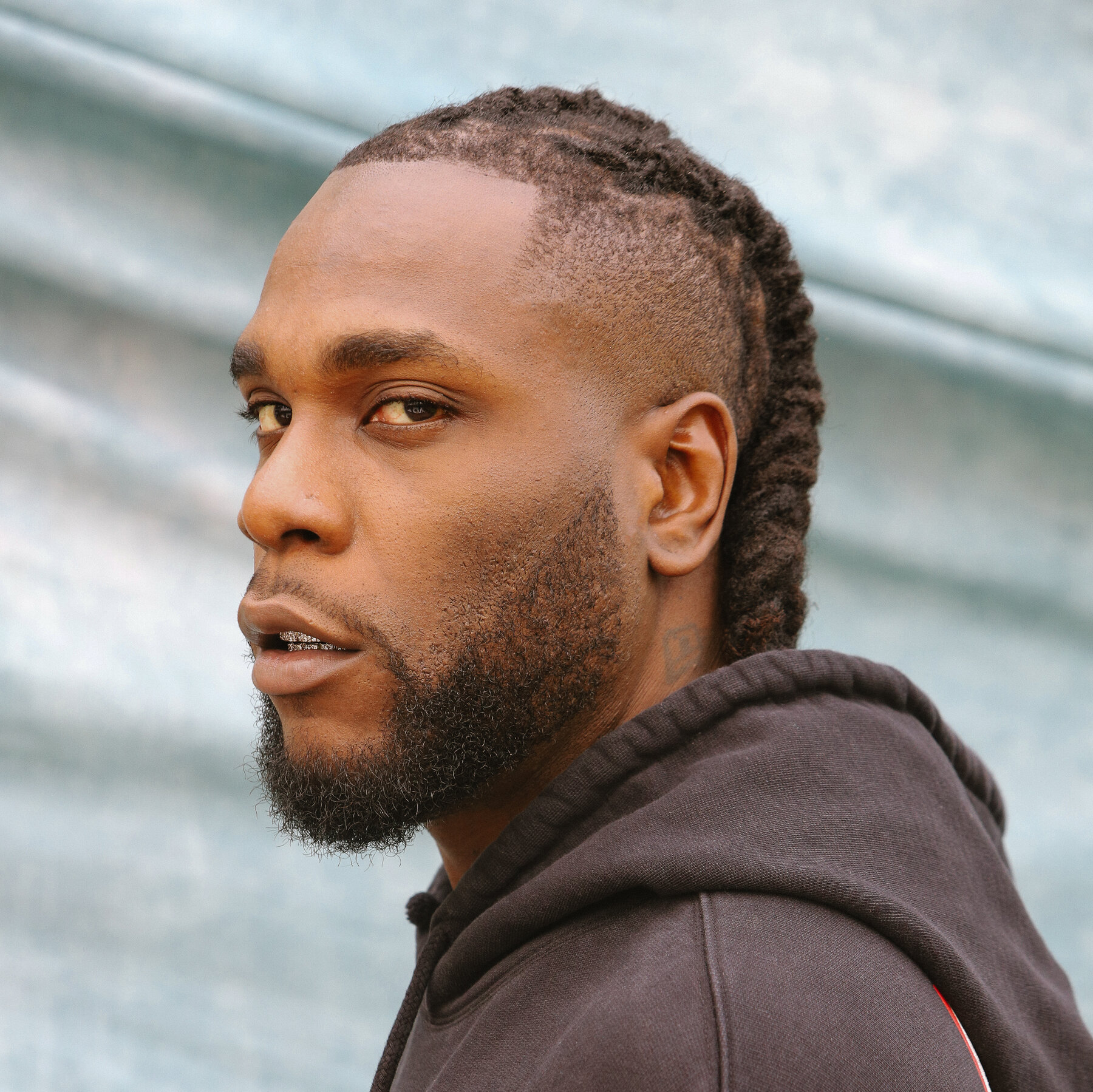

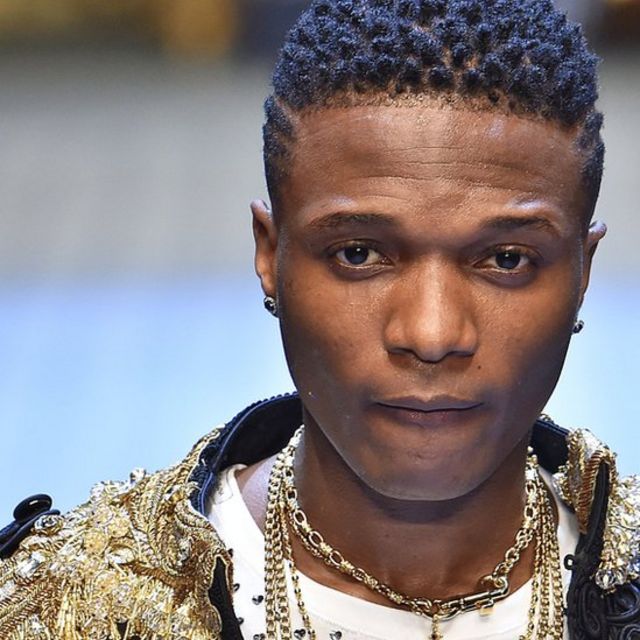
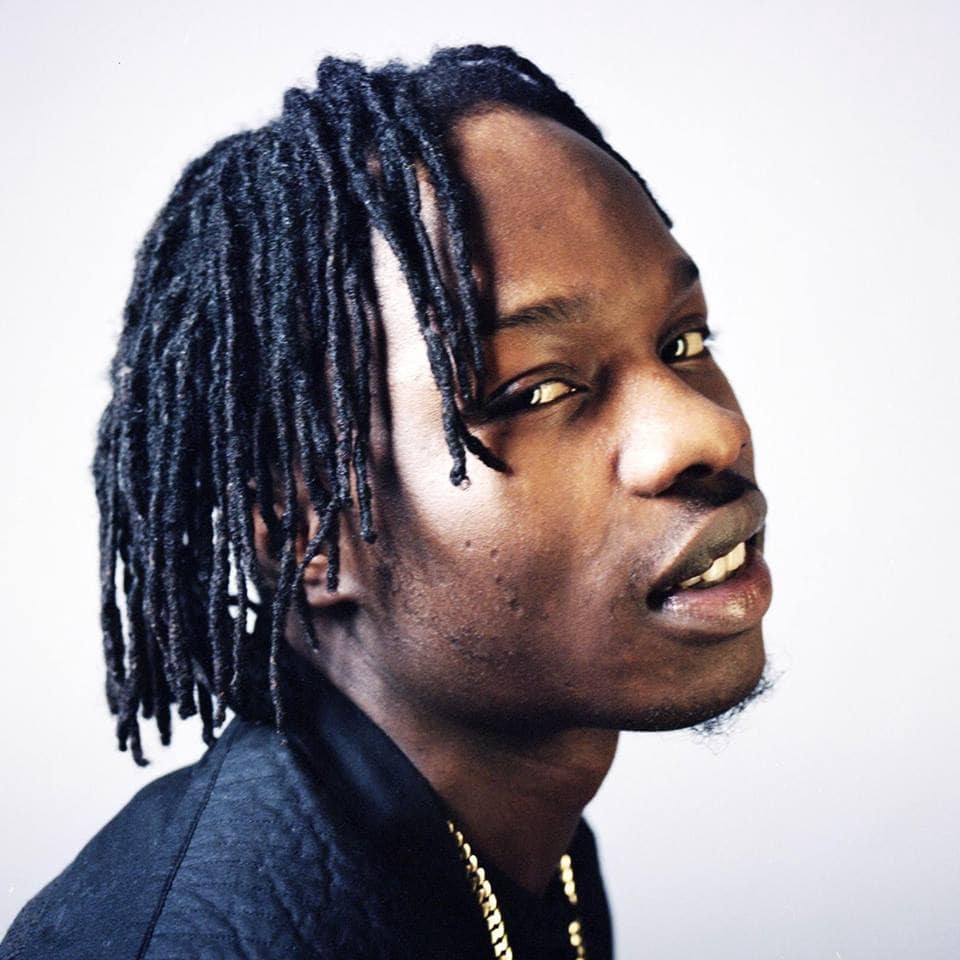
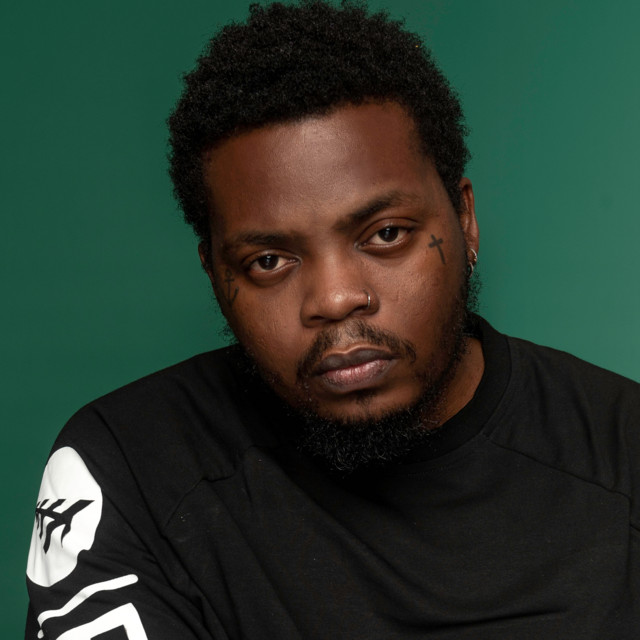


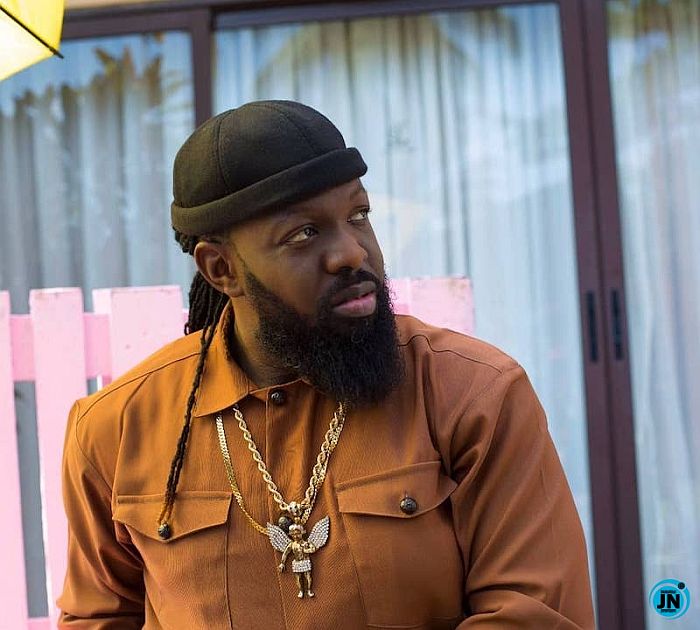


Be the first to comment